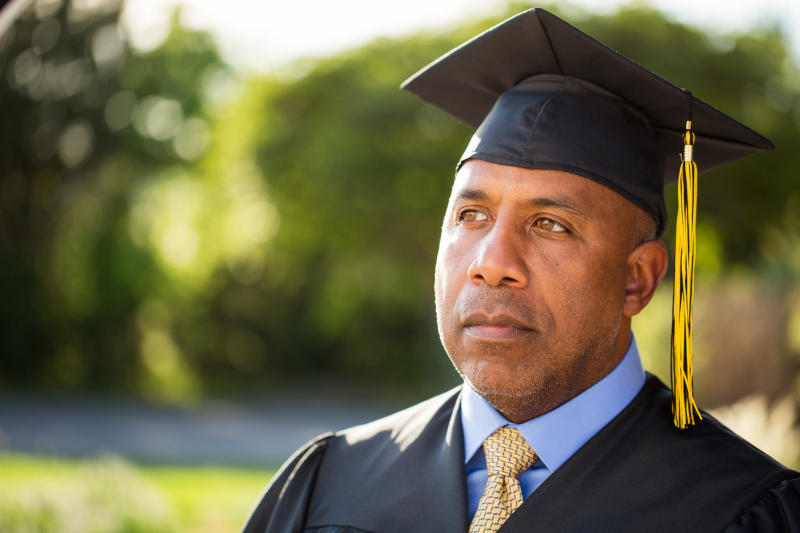×
The Standard e-Paper
Join Thousands Daily

A university should be an idyllic space where top-level academic brains leverage on cutting-edge research technology to advanced knowledge for a better universe.
A good university should be the cauldron in which hitherto unknown ideas are boiled through scientific inquiry to provide solutions to seemingly intractable problems that humanity has grappled with for ages.